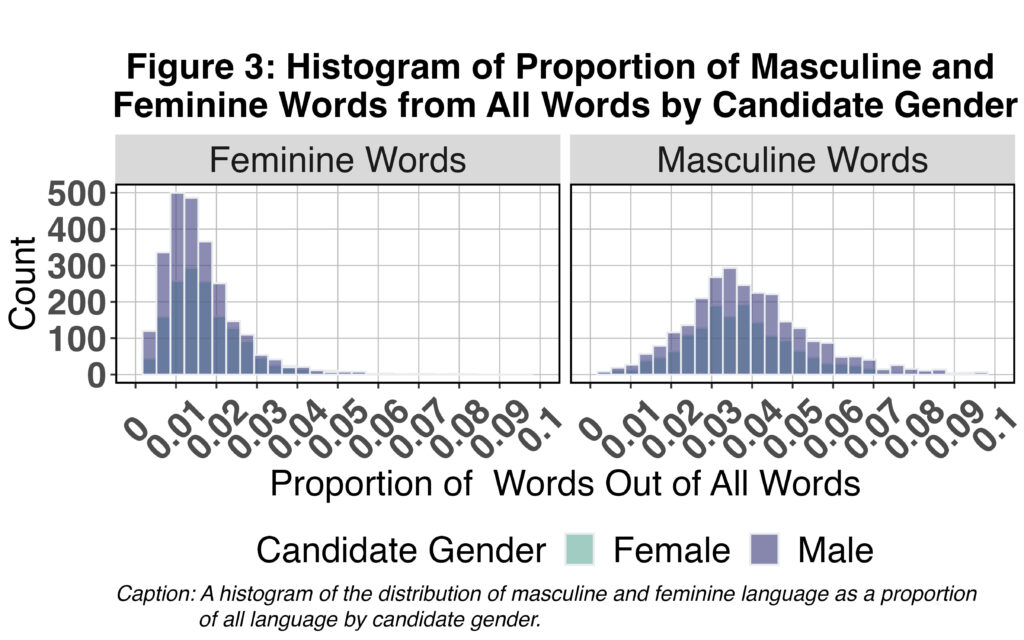Language and Gender in State Legislative Campaign Rhetoric
Authors: Kiley Cosby, Joshua Meyer-Gutbrod (meyerguj@mailbox.sc.edu)
Gender inequality within the United States Government is one of the most pertinent issues facing the country today. There are stereotypes in place regarding the type of language that men and women use when running for office. It is assumed that women use more positive language because of the stereotype that women are more passive and nurturing. These deeply rooted beliefs may limit opportunity for descriptive representation. The underlying cause of the differences in representation can be explained by the use of language. Literature suggests that there are language discrepancies between men and women who run for Office. There is language that can be considered more masculine and there is language that can be considered more feminine. This study aims to explore the impact of candidate gender on rhetoric within state legislative elections by examining rhetoric drawn from campaign websites. The study relies on data collected through the Digital Campaign s Project, which includes text for the websites for state legislative candidates during the 2018 election cycle. Specifically, we will examine gendered rhetoric through the use of text analysis with the aim of determining if male and female candidates engage in more masculine or feminine language when campaigning. The expectation is that female candidates will engage in more feminine rhetoric in spite of partisan and geographic variation. However, understanding where this expectation breaks down across partisanship and geography is important for understanding how voters perceive and reward female candidates across different states and districts.

